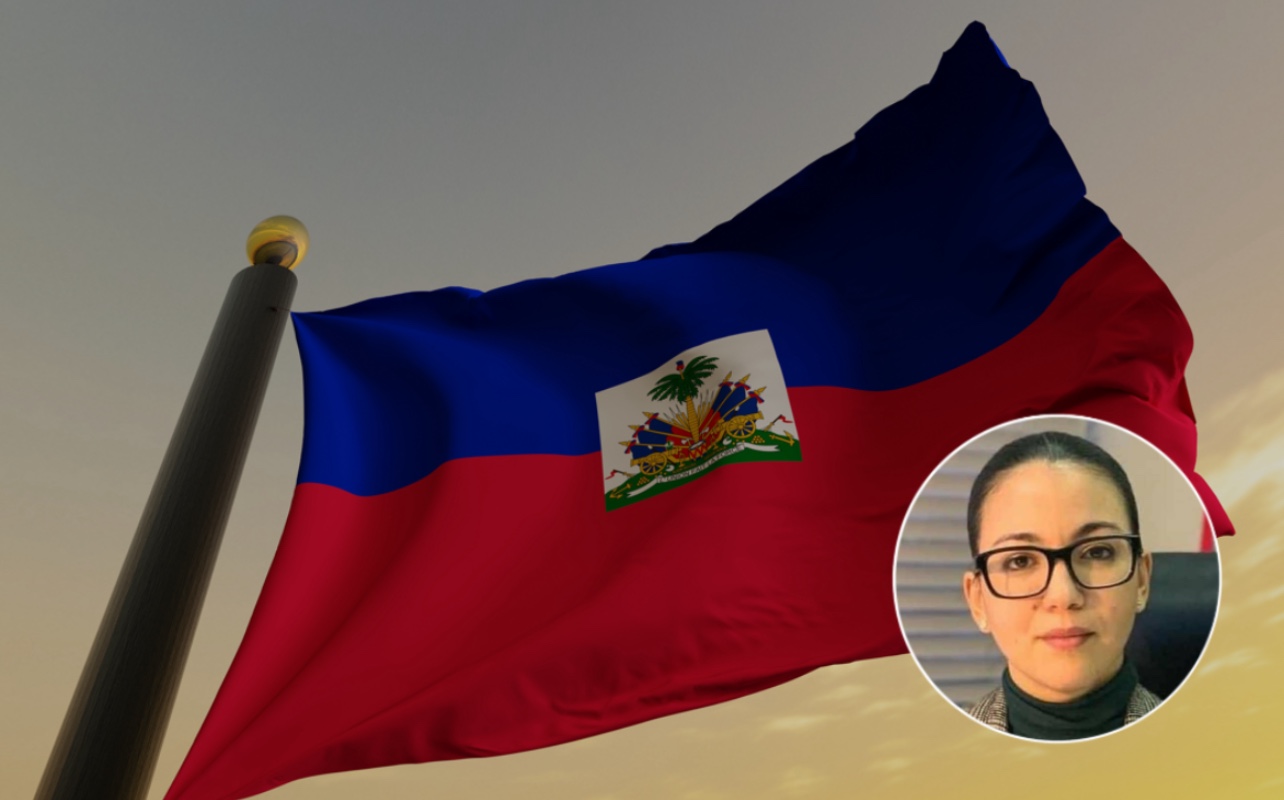
March 26, 2024
Dominique Dupuy Resigns From Haitian Transitional Council Following Death Threats
Dupuy asserted that despite stepping down from the council, she would continue serving Haiti and its people.
Following political attacks, death threats, and sexist commentary, Dominique Dupuy, the 34-year-old Haitian Ambassador to UNESCO, announced her withdrawal from the newly formed Haitian Transitional Council.
As Haitian Times reported, Dupuy released a video on March 24 stating the challenges she’s faced recently. Dupuy asserted that despite stepping down from the council, she would continue serving Haiti and its people.
“The Haitian people have been waiting for results for far too long,” Dupuy said. “Despite stepping down from the presidential council, I pledge to continue representing Haiti admirably at UNESCO and vow my ongoing commitment to defend the Haitian people.”
Dupuy’s departure opens the door for the person initially slated to receive a nomination to the council to replace her. Before Dupuy made a star turn at UNESCO’s 269th executive meeting, the slot was supposed to go to Ghislaine Mompremier.
However, it is speculated that the council has chosen Smith Augustin, the former Haitian Ambassador to the Dominican Republic.
Right now, the council is marked by instability and infighting, mostly regarding the two members who are observers but cannot vote, the appointment of the next Prime Minister, and who will lead the council.
As The Associated Press reports, the Montana Accord, a group of Haitian civil society leaders with seats on the council, released a statement supporting Dupuy’s decision.
“Society must remain vigilant about all political maneuvers based on fear and terror,” it said. “It’s time for us to stop the violence.” The group also said its support comes “at a time when she (Dupuy) is being persecuted and threatened.”
The council has not yet been formally introduced, but officials hope it will soon. With the announcement, they hope to curtail some of the violence in the capital city of Port-au-Prince.
Romain Le Cour of the Global Initiative Against Transnational Organized Crime told the AP that the delay threatens stability in Haiti.
“The inability to make the presidential transitional council operational bears witness to the conflicts running through the Haitian political arena, while each passing day consolidates the power of guns and of politico-criminal brokers.”
He also added that the tactics of the gangs suggest that they are the result of a relationship “that still binds them to their political bosses, who could be setting fluid red lines without renouncing the use of violence for political ends.”